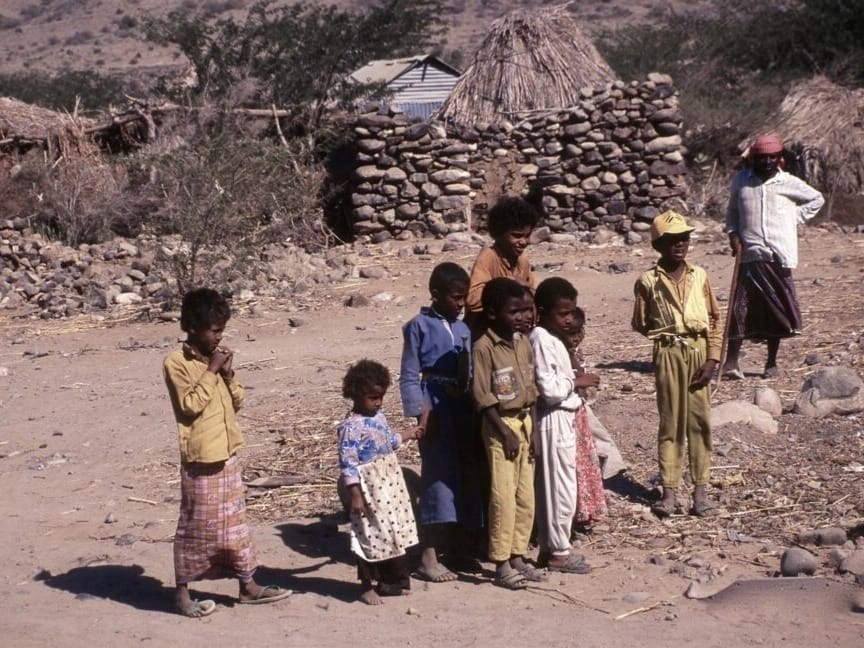GENEVA (AN) — Investigators for the United Nations said they have identified possible war crimes carried out by all sides in Yemen: a coalition of its government, the United Arab Emirates and Saudi Arabia, and the opposition militia.
A U.N. panel of three human rights experts said in an initial report to the U.N. Human Rights Council that the possible war crimes include rape, torture, disappearances and "deprivation of the right to life" during more than three years of fighting against rebels in Yemen.









